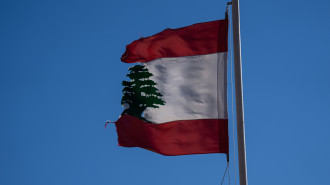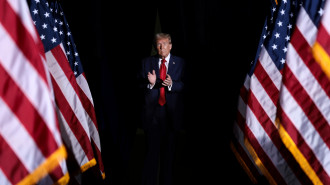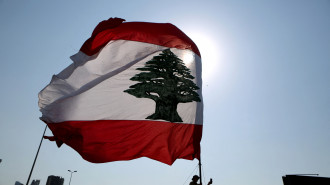Gazans mark Israeli Apartheid Week
Gaza has been marking the annual Israeli Apartheid Week (IAW) with a number of events across the strip.
IAW is an international effort to raise awareness about what organisers – from the Palestinian BDS Movement in Gaza – say is the nature of Israel as an apartheid system. Activists also try to secure support for the Boycott Divestment and Sanctions Movement (BDS), which some say is gathering significant momentum.
“There is growing support for BDS,” said IAW participant and long-time BDS activist, Asaad Abu Sharekh, also an
| I speak from experience. Palestinian rights must have force behind them. - Hassan Sarsour |
English lecturer at Gaza’s al-Azhar University. “It is gaining momentum to the point where Israel has called BDS an ‘existential threat’.”
Now in its 11th year, this year's IAW theme is on anti-colonial struggle and brings together speakers from around the globe. This year's talks included debates on the one-state solution to and BDS.
On Monday, Chicago-based Ali Abu Nimah, founder of the Electronic Intifada, addressed a mixed crowd at the University eachers' Assocaition in Gaza City by satellite link to discuss the one-state solution to the Palestinian-Israeli conflict.
His talk followed a screening of a documentary on the anti-colonial struggle.
Author of One-State Solution, a Bold Solution to the Conflict, Abu Nimah said a two-state solution – “even though many still talk about this” – would not meet the basic rights of the Palestinian people, most importantly the right of return.
That sentiment met with widespread approval at the buildings of the Red Crescent Society in Gaza City where the seminar was being held. More than 90 percent of Gazans are refugees or descendants of those who fled or were forced to flee when Israel was being established.
Participants included veteran activist, Hassan Sarsour, 82, who told al-Araby al-Jadeed, that while supports efforts like the BDS and campaigns to resist Israel's apartheid policies in the occupied Palestinian territories, these should not come at the cost of other forms of resistance.
“I am a refugee. I speak from experience. Palestinian rights must have force behind them.”
Walaa Abu Suleiman, a 22-year-old translator, from the Jabaliya refugee camp, has attended Israeli Apartheid Week for the past three years and says she is convinced BDS can be effective.
"The Israeli siege, imposed on Gaza for eight years, and the creation of a buffer zone around the territory, are vivid examples of racist Israeli policy," Suleiman said. BDS could be effective if enough people joined together around it, she told al-Araby al-Jadeed.
| See our full coverage of International Women's Day here |
It was a view echoed by Abu Sharek, who said the boycott of Israeli settlement goods, academic boycotts and other sanctions could eventually have an effect.
Abu Sharek was also supportive of the one-state idea.
“I will accept the idea of living side-by-side with Israelis if I can return to al-Majdal [Ashkelon] under a one-state solution. I would only reject that, if I am not given all my rights, including my right to the orange orchards of my ancestors.”
The IAW – which started in Toronto in 2004 – will run until March 8 in Gaza, with events planned across the strip. These include screenings, lectures on South African Apartheid and testimonies from there on how those racist policies were eventually ended.

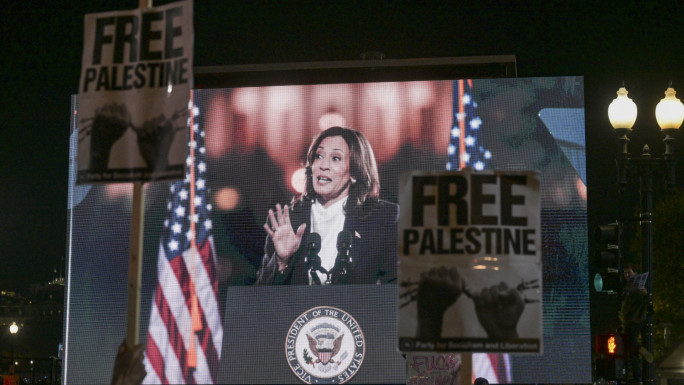
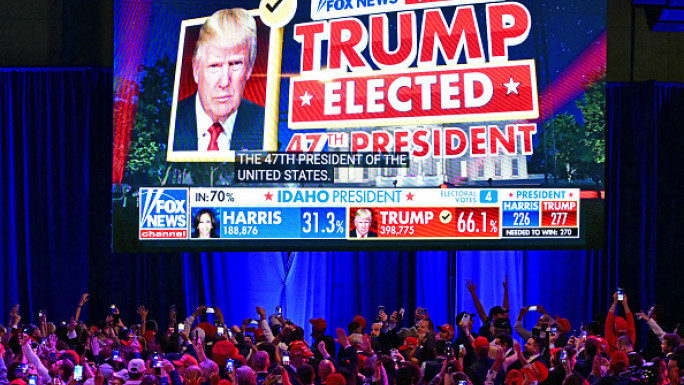
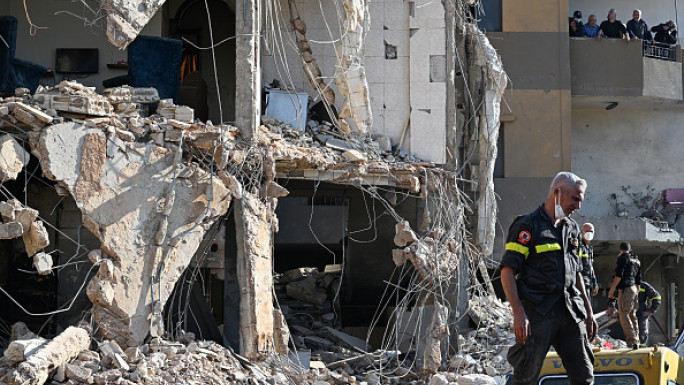
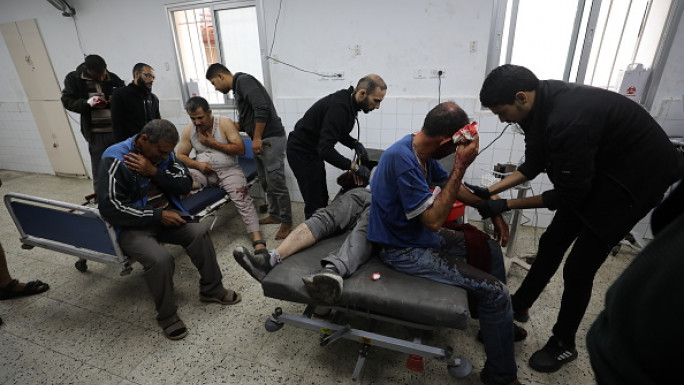
 Follow the Middle East's top stories in English at The New Arab on Google News
Follow the Middle East's top stories in English at The New Arab on Google News
